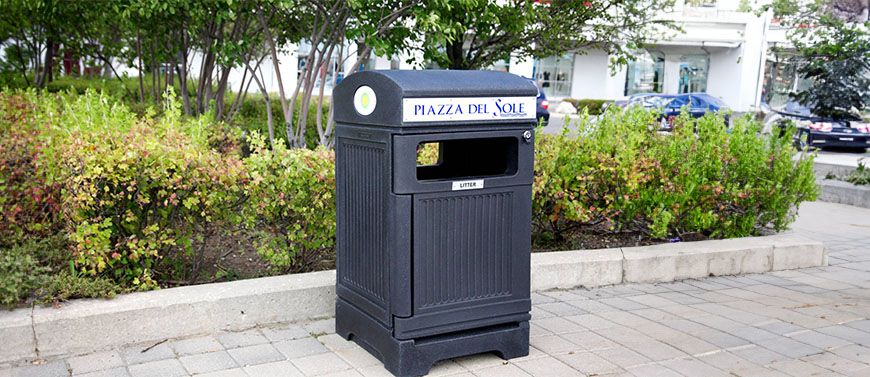NEW YEAR'S SALE IS ON NOW! SAVE UP TO 20% ON EVERYTHING!
NEW YEAR'S SALE IS ON NOW! SAVE UP TO 20% ON EVERYTHING!

Rotational Moulding is a manufacturing process for plastic materials. An aluminum mould is created with the desired shape, and then plastic powder is added. The mould is subsequently rotated at a low speed while being heated.
Once all the plastic powder has bonded and formed against the wall of the mould, the mould is slowly cooled while rotated so that the mould remains in its shape. The moulded shape is then removed, resulting in a single-piece plastic structure.
As the moulded shape is one single piece, there are no splices in the material and wall thickness is consistent throughout the shape. This means more overall strength and durability versus an assembly of multiple components that pose a greater possibility of breakdown or failure.
Rotationally moulded plastic is extremely impact resistant. As the material is stress-free, there are minimal risks for cracks, and the shape typically will never dent.
Adding to the longevity of rotational moulding is the simple fact that plastic will not rust and will stand up to both environmental and chemical abuse. This resilience also means that the rotationally moulded plastic will look better for a longer period of time.
As rotationally moulded products are typically made with polyethylene, it’s output product can be completely recyclable. Shapes produced with black plastic are often made with 100% recycled plastic which can also be fully recyclable at the end of its life cycle.
During production of rotationally moulded products, a minimal amount of waste is generated making the process equally as environmentally friendly as the finished product. As rotationally moulded plastics are extremely strong and durable, their longer life cycles result in a reduced environmental impact.
Absolutely. As the process of rotational moulding eliminates any sharp corners, the final result is a smooth and seamless shape, making the production process equally as safe as the final product.
Compared to most metals, rotationally moulded plastics are very cost-effective. As plastic weighs less than metal, less energy is required during the manufacturing process. Aside from the fact that plastic is also usually less expensive than metal, because the final output is one piece, labour costs are also dramatically reduced, providing end users a more attractive price point.
Compared to injection moulding, pieces created through Rotational moulding often have a longer production process. Furthermore, sometimes custom shapes are difficult or even impossible to manufacture using the rotationally moulded process
Rotationally moulded products are sometimes more expensive than similar products made with injection moulding, however as outlined above, the advantages often far outweigh the difference in costing.
Our two best-selling waste/recycling containers, the Phoenix (including the Standard Phoenix, Dual Recycling Phoenix, and Modular Phoenix) as well as the Griffin are fabricated through the process of rotational moulding. We also manufacture our Centry bin and almost all our poly liners using rotationally moulded polyethylene. For more information about these products, follow the linked pages or contact our product specialists for any specific questions!